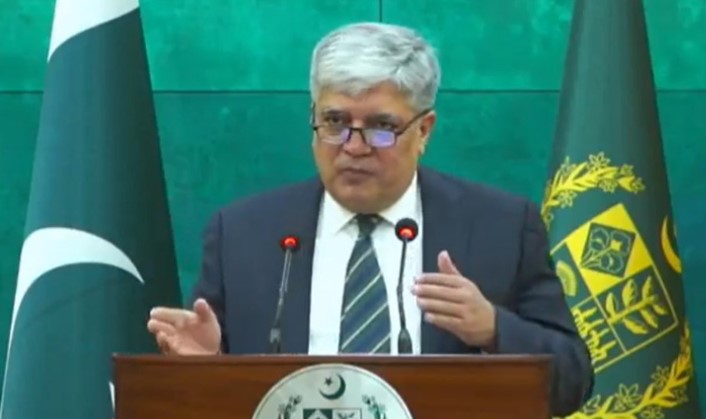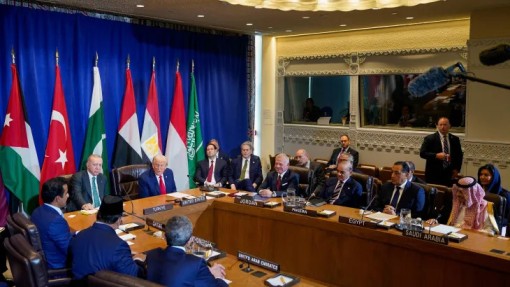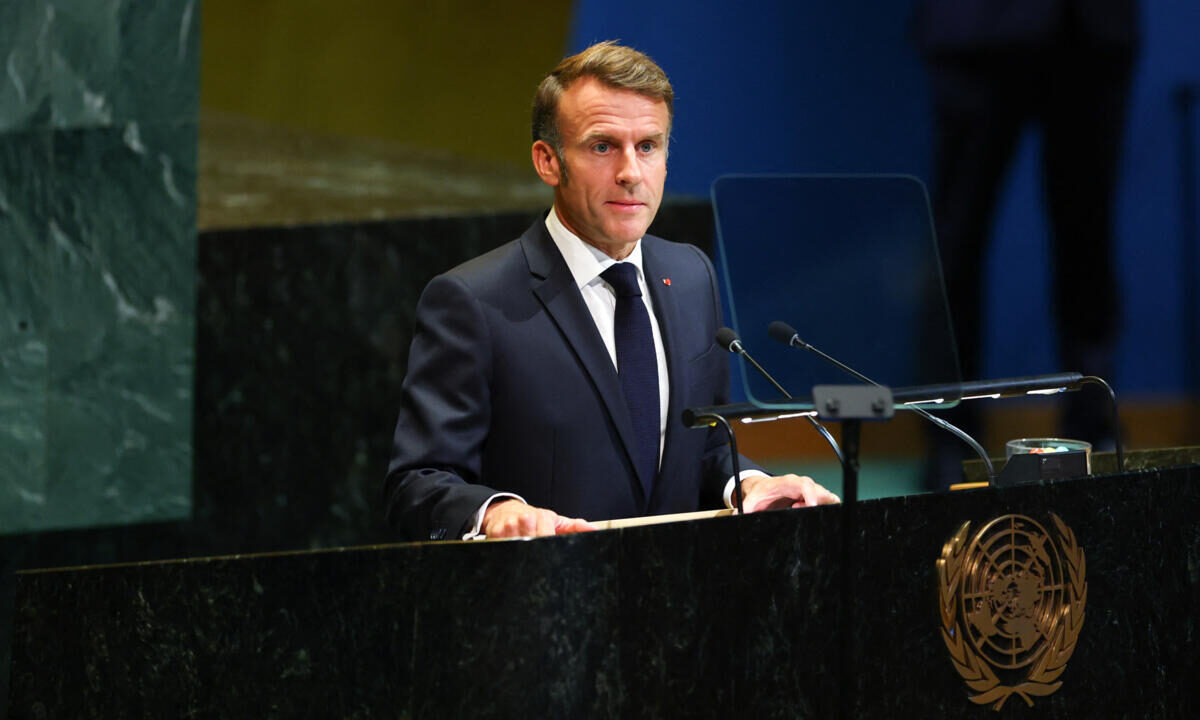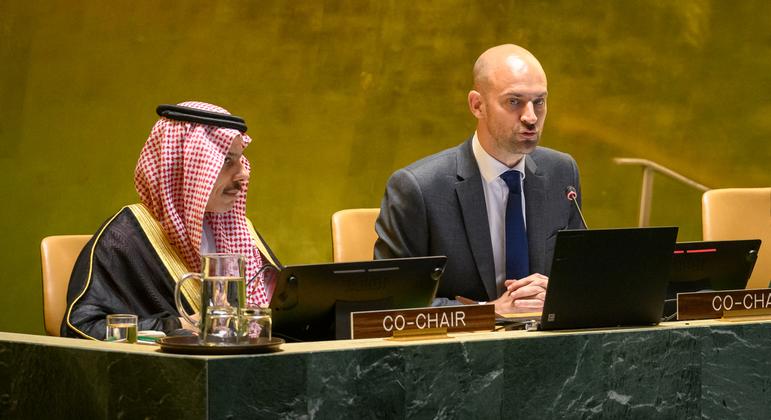
Pakistan Voices Hope for Peace Through June Conference on Palestine, Urges Ceasefire Implementation
- Uncategorized
- April 10, 2025
- No Comment

Pakistan Voices Hope for Peace Through June Conference on Palestine, Urges Ceasefire Implementation
Pakistan has reaffirmed its unwavering support for the upcoming high-level international conference focused on resolving the Palestinian issue and advancing the two-state solution. The Foreign Office spokesperson, Shafqat Ali Khan, expressed optimism about the conference set for June 2025, emphasizing its potential to restore hope and lead to substantial actions for peace and justice.
Khan praised France and Saudi Arabia for their roles in co-chairing the preparatory discussions ahead of the conference. He stressed that for the event to be successful, certain conditions must be met, including the full enforcement of the ceasefire, the lifting of the Gaza blockade, and guaranteeing humanitarian aid to the affected regions. “It is essential that civilians and humanitarian personnel are protected, and any attempts to forcibly displace Palestinians or annex their lands must be rejected unequivocally,” he noted.
In a further condemnation of Israeli actions, Khan highlighted the killing of 15 Palestinian emergency workers during an attack by Israeli forces. He strongly condemned this continued aggression, calling it a blatant violation of international humanitarian law.
The spokesperson also brought attention to the ongoing situation in Indian Illegally Occupied Jammu and Kashmir (IIOJK), specifically criticizing Indian authorities for their recent decision to prevent Muslims from performing Eid-ul-Fitr prayers at the Jama Masjid and Eidgah in Srinagar. Khan described this as part of a broader pattern of restrictions on religious freedoms and emphasized the importance of respecting the rights of Kashmiris to practice their religion and assemble peacefully.
Khan also provided an update on Prime Minister Shehbaz Sharif’s two-day official visit to Belarus, which began on April 10, 2025. The visit, at the invitation of Belarusian President Aleksandr Lukashenko, is aimed at deepening bilateral relations. During his visit, the Prime Minister will hold discussions with President Lukashenko on a range of issues, and both leaders are expected to sign multiple agreements that will further strengthen the ties between Pakistan and Belarus.
Additionally, the spokesperson mentioned recent diplomatic discussions, including talks between Deputy Prime Minister Ishaq Dar and various international leaders, such as Bangladesh’s Foreign Affairs Advisor Touhid Hossain, Saudi Foreign Minister Prince, and US Secretary of State. These discussions covered a variety of issues, including regional security, economic cooperation, and the ongoing situation in Afghanistan.
Furthermore, Khan shared details about Foreign Secretary Ambassador Amna Baloch’s visit to Jordan, where she is attending the second round of Bilateral Political Consultations between Pakistan and Jordan. Key topics under discussion include the situation in Palestine, the dynamics in South Asia, and the state of Pakistan-Jordan relations.
Regarding trade, Khan addressed the issue of tariff impositions by the US, noting that these measures could have widespread implications for global trade. He called for a mutually beneficial resolution to these trade challenges.
The spokesperson also commented on the termination of the Global Undergraduate Exchange Program (Global UGRAD), which has been instrumental in fostering academic and cultural exchanges between Pakistan and the US over the past 15 years.
On the matter of the repatriation of illegal foreign nationals, Khan reiterated that Pakistan is following a legal framework for the return of Afghan nationals who have overstayed in the country, ensuring that their return is dignified and in accordance with international norms.
Finally, Khan condemned the passage of the Waqf (Amendment) Bill 2025 in India’s Lok Sabha, describing it as an attempt to dispossess Muslims of their properties, including mosques and shrines, and further marginalize minority communities in India.







